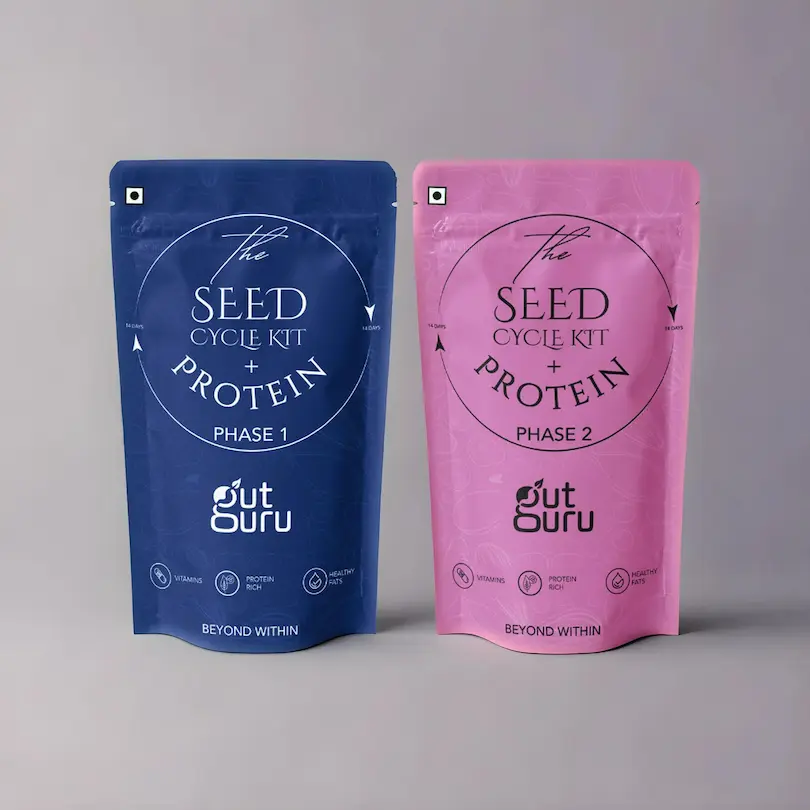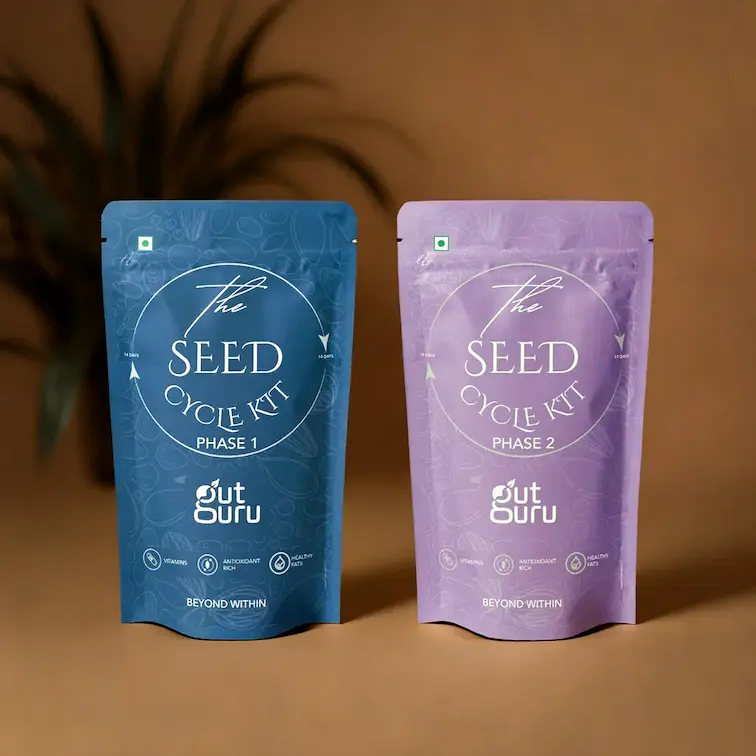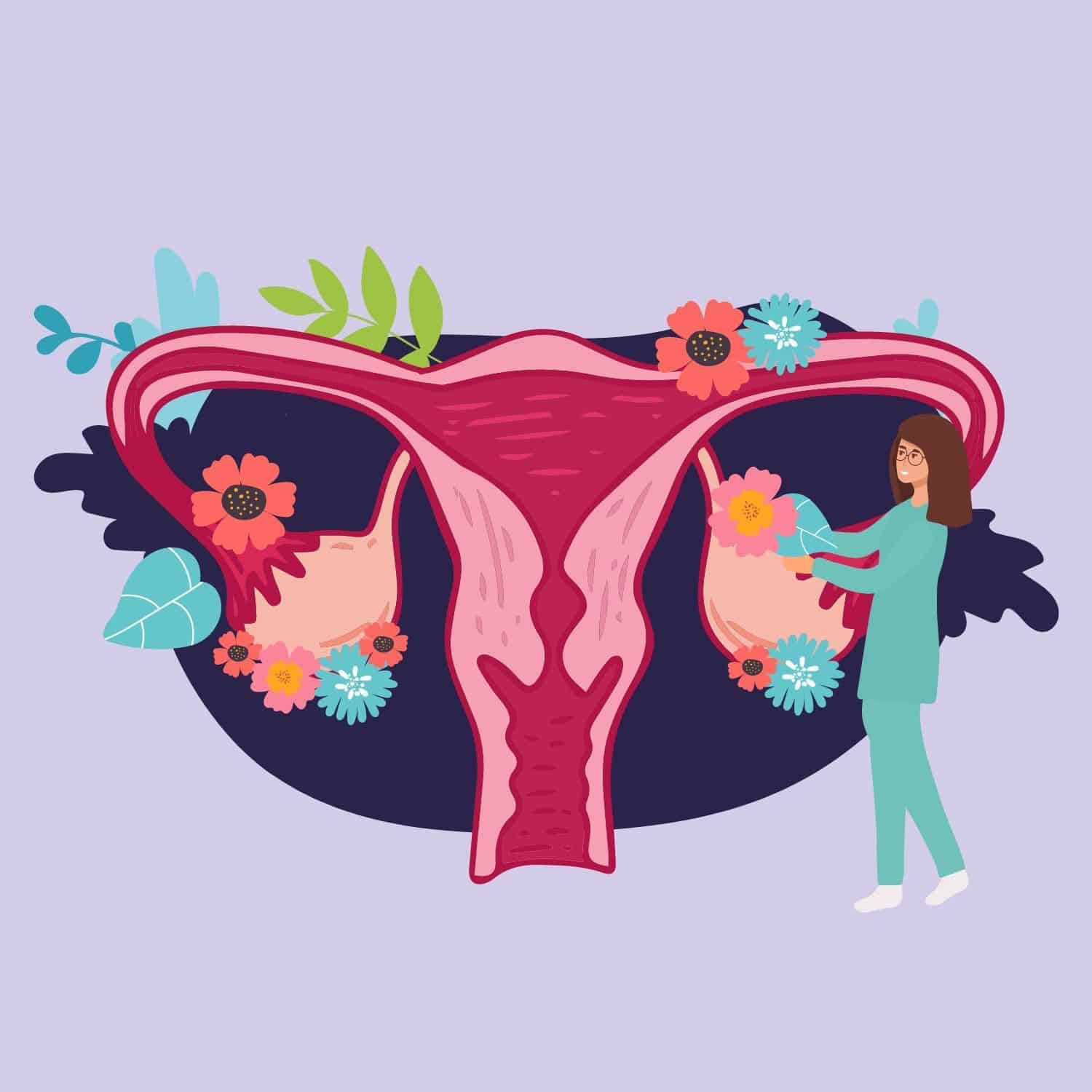Your menstrual cycle is a significant indicator of your overall health. Regular periods suggest that your body is functioning normally, while irregularities can signal underlying health issues. Understanding the nuances of your menstrual cycle can provide insights into your hormonal balance, reproductive health, and potential health concerns.
Common Menstrual Issues Among Indian Women
Many Indian women experience menstrual problems, which can affect their daily lives and overall health. Here are some statistics and insights:
- Cramps (Dysmenorrhea): A study found that 70.2% of Indian female students experience dysmenorrhea, with many reporting pain for one to three days during menstruation.
- PMS (Premenstrual Syndrome): PMS symptoms, including mood swings and physical discomfort, are common but vary widely in severity.
- Heavy Bleeding (Menorrhagia): Heavy menstrual bleeding can lead to iron-deficiency anemia, a prevalent issue among menstruating women due to significant blood loss.
- Iron Deficiency: Iron deficiency and anemia are common in Indian women, often exacerbated by heavy menstrual bleeding. Daily iron supplementation has been shown to improve iron levels and reduce anemia risk.
Seed Cycling and Hormonal Balance
Seed cycling is a naturopathic approach that involves consuming specific seeds during different phases of the menstrual cycle to balance hormones like estrogen and progesterone. The practice includes:
- Follicular Phase (Days 1-14): Consuming flax and pumpkin seeds, which contain phytoestrogens and zinc, can help regulate estrogen levels and support ovulation.
- Luteal Phase (Days 15-28): Eating sesame and sunflower seeds, rich in lignans and vitamin E, may support progesterone production and balance estrogen levels.
Seed Cycling Kit – Phase 1 & Phase 2
Dietary Tips for Hormonal Support
To support hormonal health, consider these dietary strategies:
- Increase Fiber Intake: Foods rich in fiber, such as whole grains and legumes, can help regulate estrogen levels.
- Consume Healthy Fats: Omega-3 fatty acids found in fish and flaxseeds can support hormone production.
- Include Cruciferous Vegetables: Vegetables like broccoli and cauliflower contain compounds that help detoxify excess estrogen.
- Maintain Adequate Protein Levels: Protein is essential for hormone production and can be sourced from lean meats, eggs, and plant-based options like lentils.
- Limit Sugar and Processed Foods: Reducing sugar intake can help stabilize insulin levels, which in turn supports hormonal balance.
Understanding your menstrual cycle and making informed dietary choices can significantly impact your hormonal health and overall well-being. If you experience persistent or severe menstrual symptoms, consult a healthcare professional for personalized advice.








